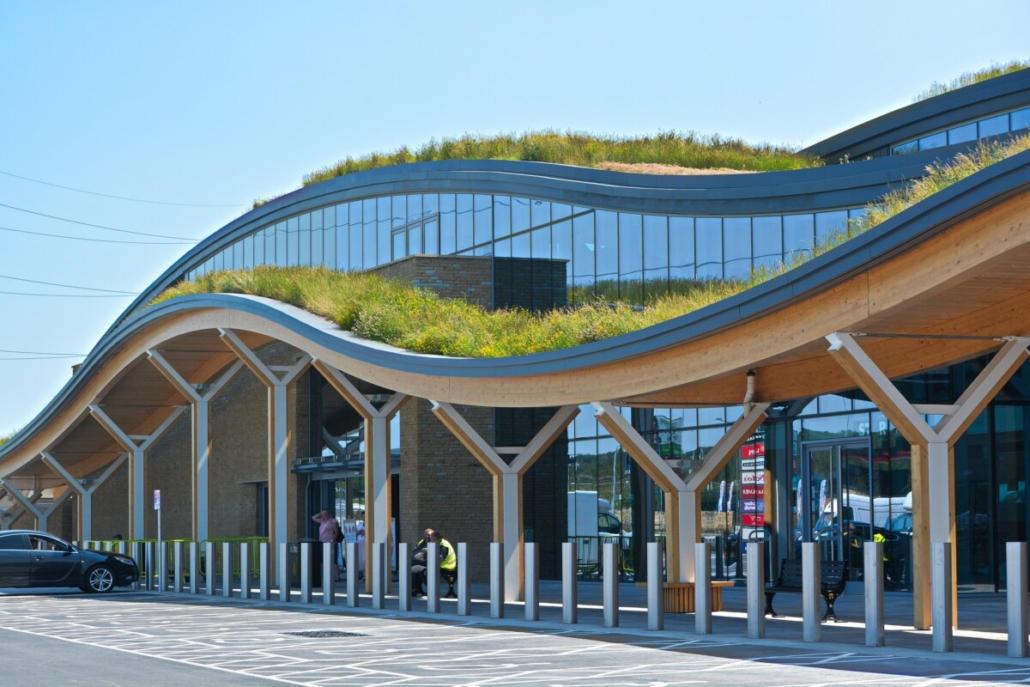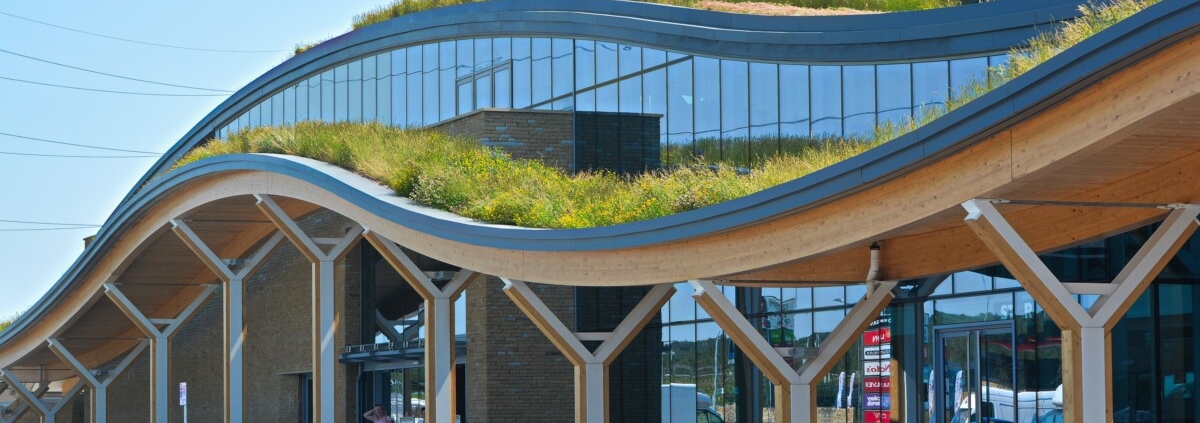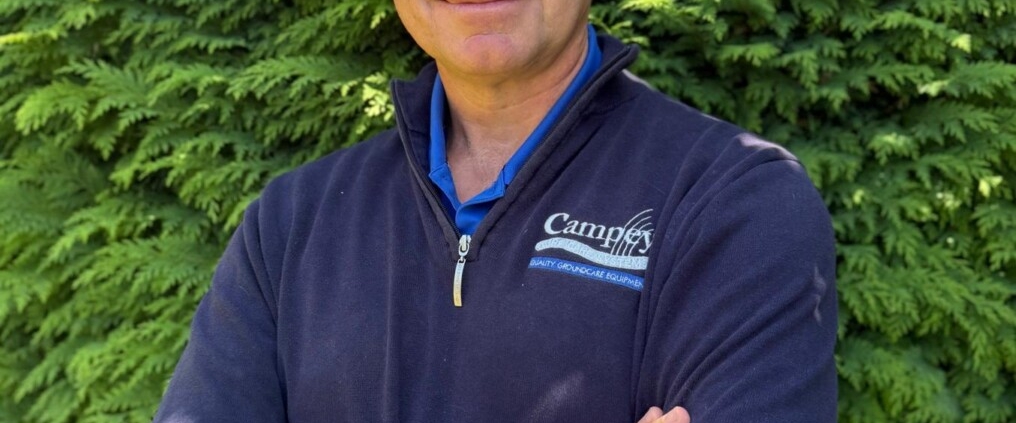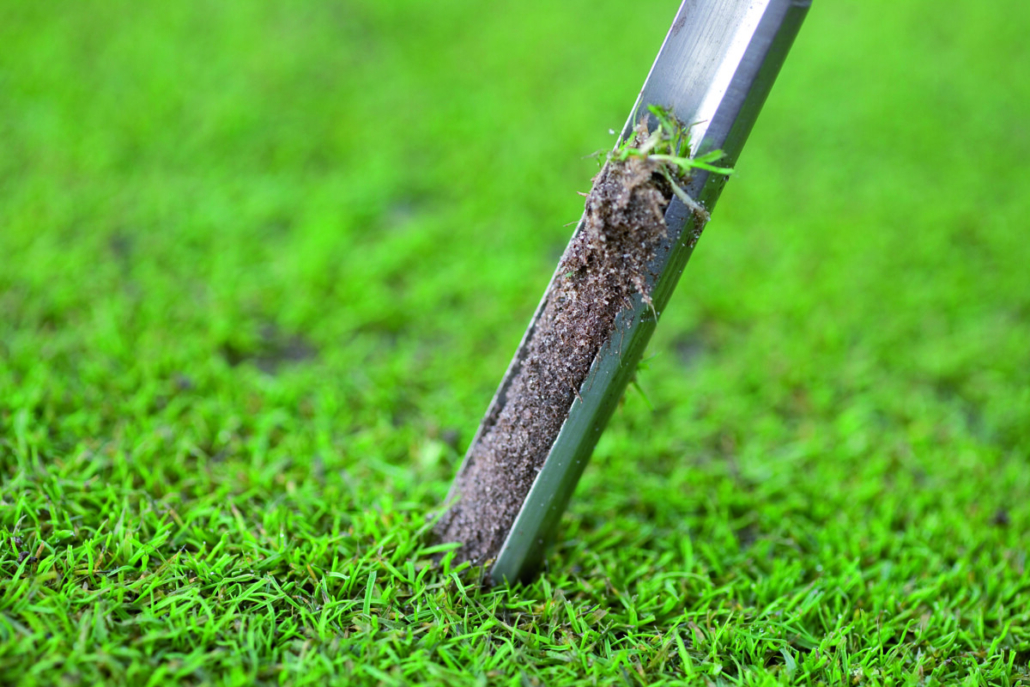Mark Andrews appointed Managing Director of Landscapes
Mark Andrews appointed Managing Director of Landscapes: Origin Enterprises plc (‘Origin’ or ‘the Group’), the international group championing sustainable land use solutions, is pleased to announce the appointment of Mr Mark Andrews as Managing Director of Landscapes, a newly created role within the Group’s Living Landscapes division.
Mark assumes overall responsibility for Origin’s Landscapes businesses, currently comprising four companies: Green-tech, Suregreen, British Hardwood Tree Nursery and Groundtrax. He will lead the design and delivery of the Landscapes strategy, drive operational performance, and play a central role in supporting both organic growth and M&A activities.

Mark Andrews appointed Managing Director of Landscapes
This appointment marks a significant step in strengthening the Group’s management depth, ensuring the Living Landscapes division is well positioned to deliver on its long-term strategic objectives and growth ambitions.
Mark has over 20 years of commercial and operational leadership experience across the sector, with a strong track record in value creation, team leadership, and developing best-in-class commercial capabilities in commoditised and competitive businesses. His career spans roles in the UK, North America and EMEA, including senior leadership positions at Saint Gobain/British Gypsum, Knauf Insulation, BMI Group, and most recently, Aliaxis Group where he served as VP UK and Ireland.
Origin is confident that Mark’s appointment will bring additional expertise, insight, and momentum to the Group’s Landscapes sector as it enters its next phase of development and growth.
TJ Kelly, Managing Director, Living Landscapes, commented: “Mark is an excellent addition to Origin and our Living Landscapes leadership team. His deep sector knowledge and proven global leadership experience will be instrumental in shaping and delivering our Landscapes strategy. This appointment reflects our ambition to scale our presence in the Sports, Environmental, and Landscapes sectors.”
Mark Andrews, Managing Director of Landscapes, commented: “I am excited to be joining Origin at a strategically important time for the Living Landscapes division. Leading the Landscapes portfolio presents the opportunity to drive organic growth, expand our capabilities and unlock new opportunities, underpinned by a shared commitment to sustainability, innovation, and delivering value to Origin’s customers and other stakeholders.”
For the latest industry news visit turfmatters.co.uk/news
Get all of the big headlines, pictures, opinions and videos on stories that matter to you.
Follow us on Twitter and Instagram for fun, fresh and engaging content.
You can also find us on Facebook for more of your must-see news, features, videos and pictures from Turf Matters.

















